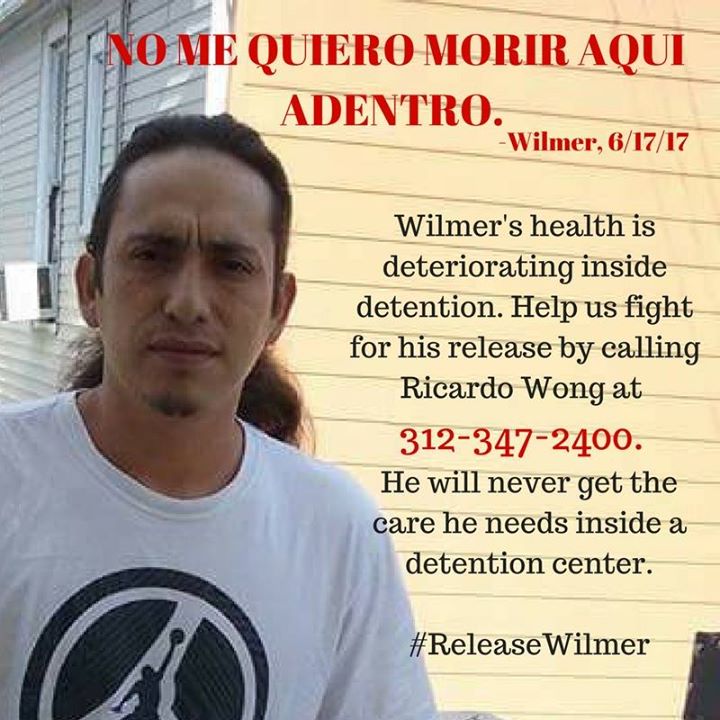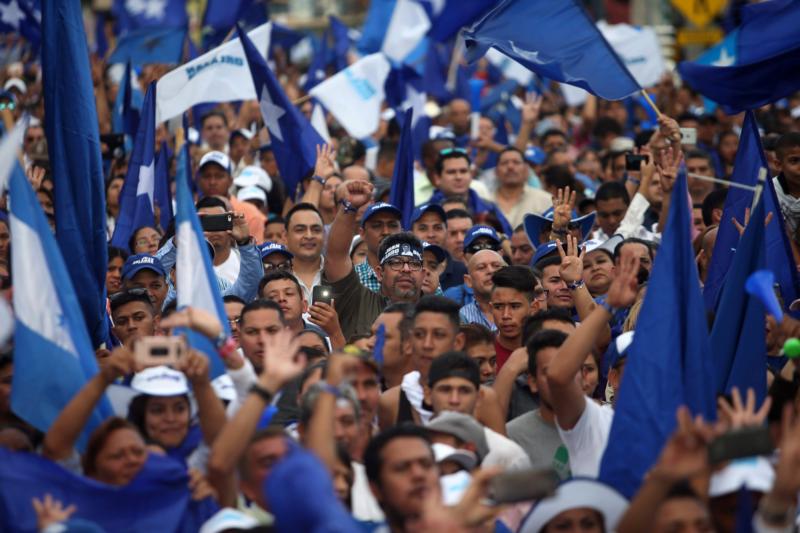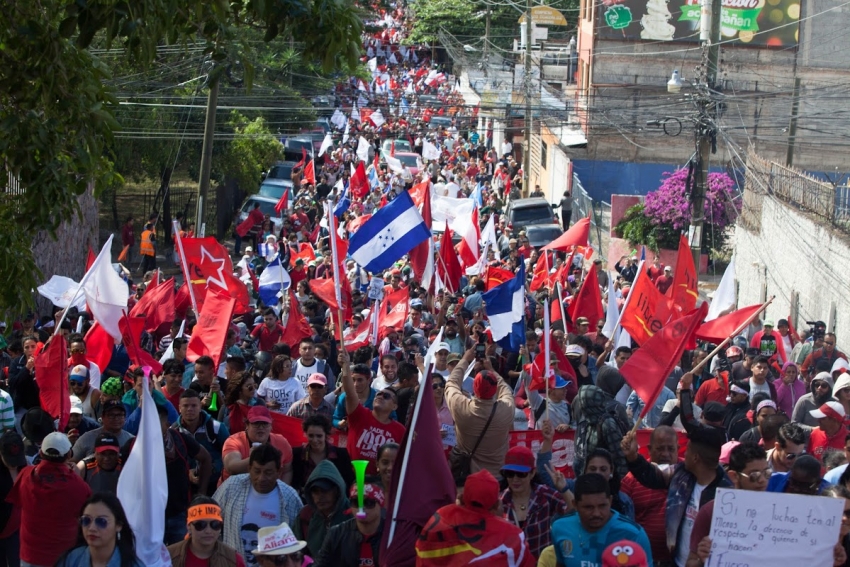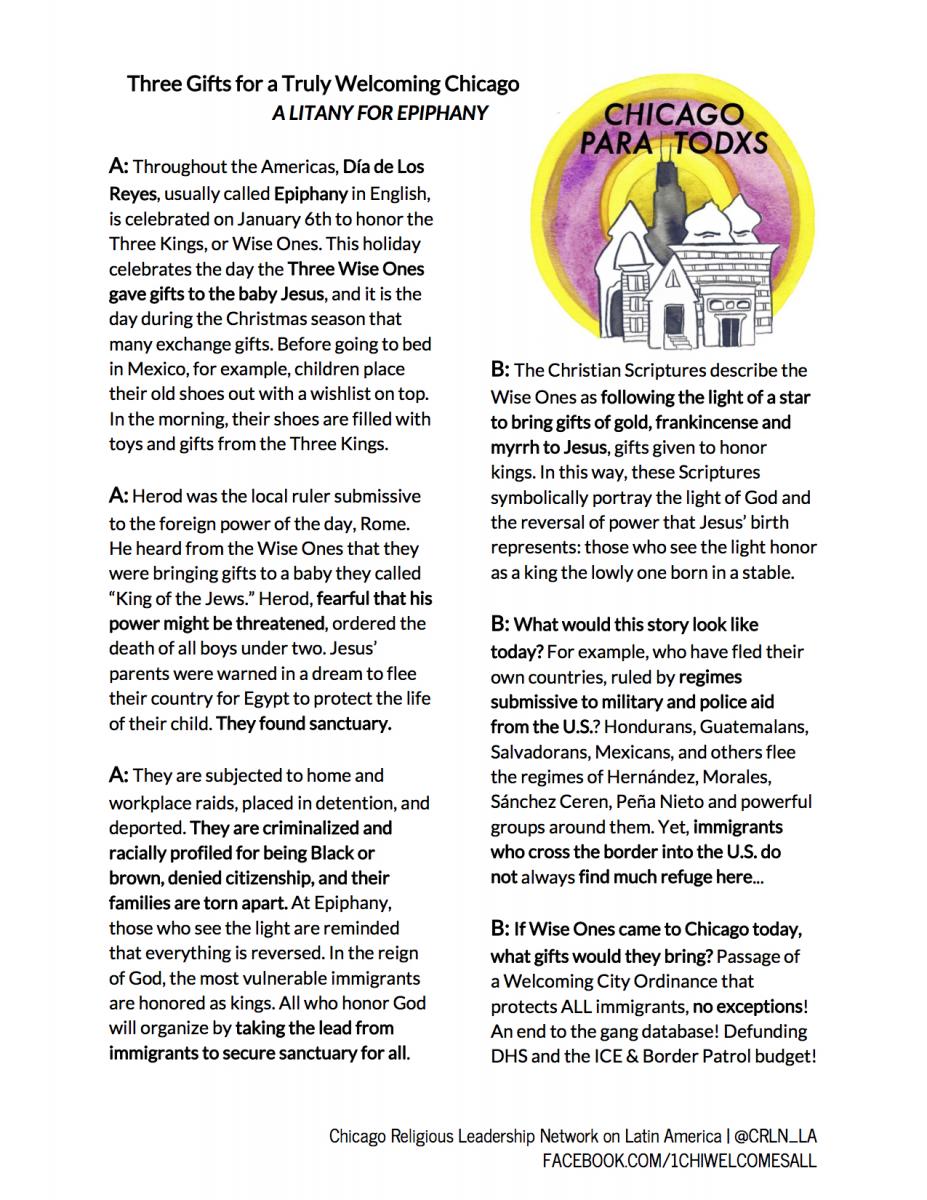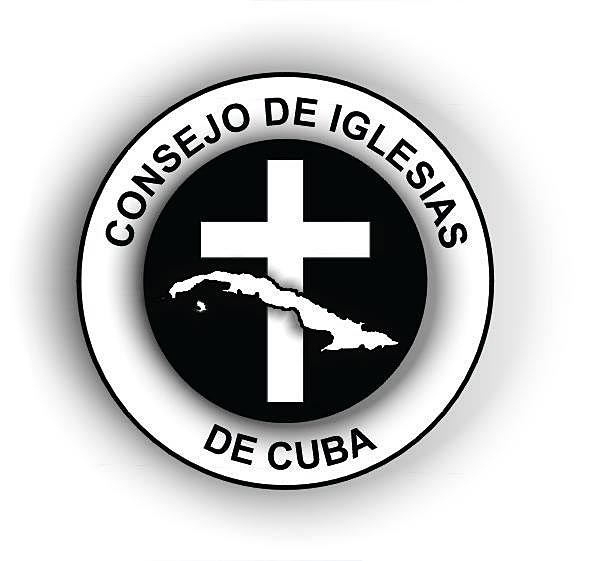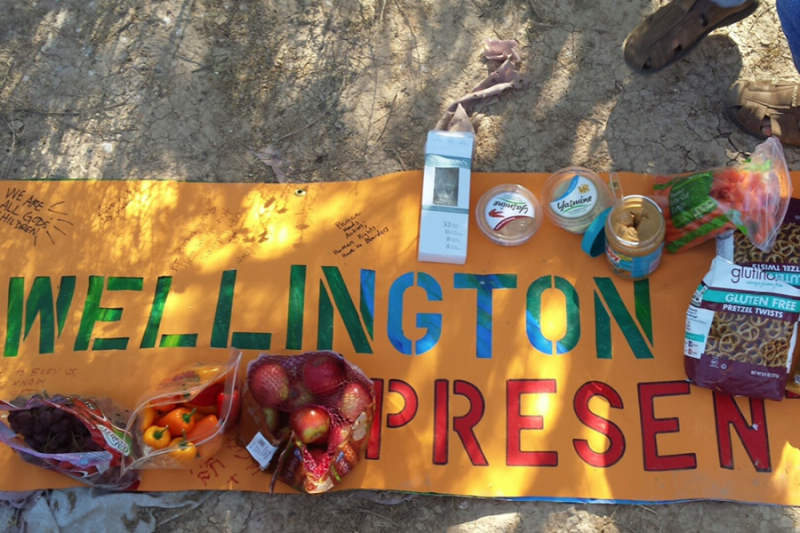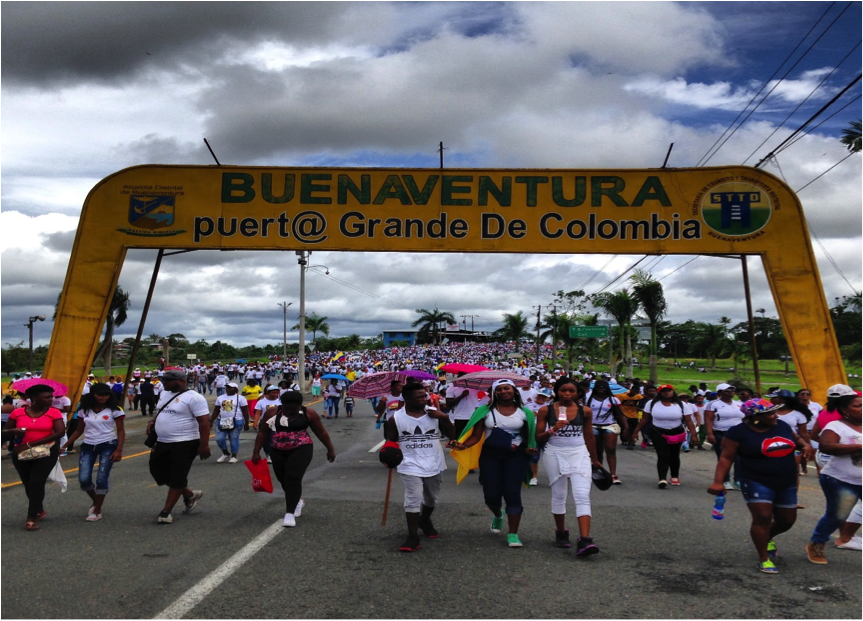We need your help! Rep. Keith Ellison (D-MN) has just circulated a sign-on “Dear Colleague” letter in the U.S. House of Representatives to President Trump, urging him to join the Organization of American States in calling for new elections, and to immediately suspend all security assistance to Honduras. The letter highlights the violent repression of protests since the election, and urges the President “to make clear to the Honduran government that these abuses must cease immediately.” The letter states,
“We continue to have concerns over the candidacy of Juan Orlando Hernandez, as the current president’s campaign for reelection violates the Honduran constitution’s explicit ban on re-election. This blatant violation of Honduran law continues to be an issue of concern, in addition to the lack of integrity in the elections…We believe that the Honduran people have a right to peaceful protests, and are alarmed at the actions of Honduran security forces.”
We need your help in securing the signature of your Member of the U.S. House of Representatives on this letter. Only members of the House can sign the letter. The deadline for signatures is today, Wednesday, December 20th, at 5pm.
——–
To sign on to the letter (or if the staffer wishes an official copy of the letter), your Rep’s staffer can contact Zach Freed (Zach.Freed@mail.house.gov)
NOTE: Please do not contact Ellison’s staff yourself, but ask the staffer to do so.
Call the Capitol Switchboard at (202) 224-3121, give them the name of your Rep, then ask to be connected.
When you call, ask to speak with the aide who handles foreign policy.
Use the script below in speaking with the aide. If the foreign policy aide is not available, ask to leave a message on his or her voice mail. Be sure to get the name of the foreign policy staffer so you can follow up.
Script:
“My name is _____. I am a constituent from (your town/city) in (your state). I am calling to ask Representative _____ to sign the Ellison sign on letter calling for new elections in Honduras and renewing the call to suspend all security aid to Honduras.
The deadline for sign ons is today. Has Representative _______ seen this letter? Can I count on him/her to sign on? Please call me this week at (_your phone number_) to let me know if you have seen the letter, and if Representative _____ will sign it.”
**In your phone conversation, please highlight why this letter is important to you, especially if you have travelled to Honduras or heard a Honduran leader speak in your community.
PROMPT FOLLOW-UP:
It’s useful to follow up with an email to the aide, and you can use the action alert above. You can ask whoever answers the phone for the email for the foreign policy staffer and/or use this formula if you know how to spell their name correctly (the person who first answer the phone can spell it for you):
Firstname.Lastname@mail.house.gov, e.g.
Jane.Doe@mail.house.gov
In an email, you can just ask them to sign the letter, and then if you like send some information.
Here are a few links to share with your Reps:
1.
U.S. at a Crossroad as It Confronts Turmoil in Honduras
in the New York Times
2.
In Honduras, Calls Rise for new Presidential Elections
in the New Yorker
3.
America’s Blind Eye to Honduras’s Tyrant
in the New York Times
4.
The US Should Back New Elections in Honduras
in Bloomberg

